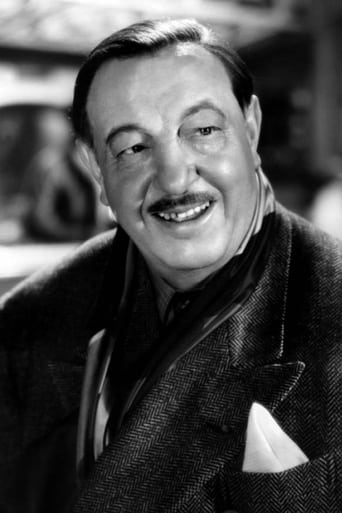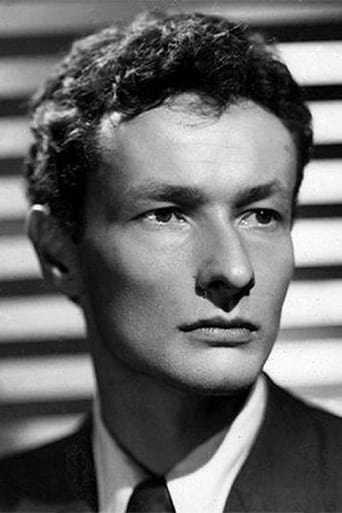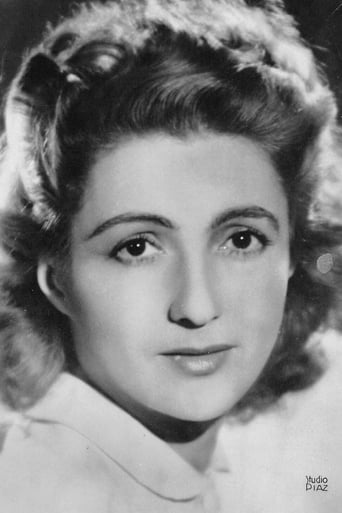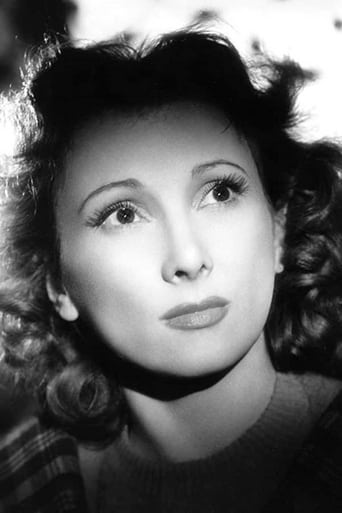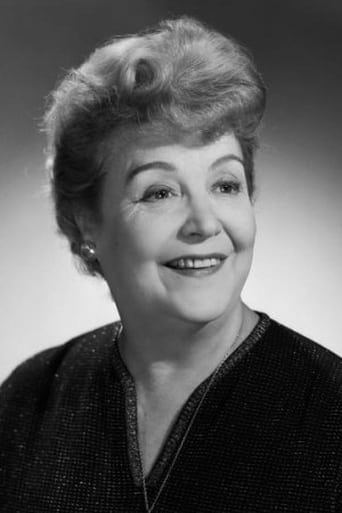Steineded
How sad is this?
Platicsco
Good story, Not enough for a whole film
CommentsXp
Best movie ever!
Jonah Abbott
There's no way I can possibly love it entirely but I just think its ridiculously bad, but enjoyable at the same time.
dbdumonteil
It's considered polite to write that the silent era was Gance's time and that his talkies were mediocre stuff.Do you need FF Coppola to give them a chance?Do you? Gance was a pioneer even when he made talkies.Actually his post-silent career was a constant drift back and forth between adventure ("La Fin du Monde" "J'accuse" (2nd version),"La Venus Aveugle" "Le Capitaine Fracasse" "Cyrano et D'Artagnan" ) and retreat ("le Roman d'un Jeune Homme Pauvre" "Le Maitre de Forges" -actually mostly directed by Fernand Rivers- "Austerlitz" )."Un Grand Amour de Beethoven" is the follow-up to another historical biopic ("Lucrece Borgia" ) which exposed the worst of the man's weaknesses -or is it because of a bad editing where scenes were lost or deleted?-Gance did not repeat the same mistake:I'm not a specialist,so I will not argue over historical accuracy."Un Grand Amour de Beethoven" is not a biopic ,it's an experimental movie ,which predates another one,Forman's "Amadeus" .Gance's film is a musical poem ,where he tries to enhance the music with his pictures (and not the other way about).Most of the time,he brilliantly succeeds:he virtually invented the "subjective " soundtrack .These scenes when the musician feels the first effects of the illness are among the very best in the French cinema of the thirties,and as the thirties French cinema was the best French cinema ever,it speaks volumes about them.Gance simply cuts loose all the visual effects (mill,nature,thunder)at his command and lets the music surge and flow and ooze around his audience .This is shockingly transcendent stuff ,absolutely intoxicating in its use of dynamics -perhaps inspired by his previous experiments in "La Roue" -from silence to thunder .Gance also finds marvelous scenes to let us hear "moonlight sonata" .Harry Baur gives another sublime performance ;the very long scene depicting the death of the artist has the strength of a dirge : while a "Miserere " is heard ,the face very slowly turns into a death mask.
jlpicard1701E
There are not many filmed biographies dedicated to the Music master of all times, the latest being "Beethoven in Love" (which is Hollywoodiana at its worst).In Abel Gance's version, "Un Grand Amour de Beethoven", not only do we find some of the best French actors of an Era long gone, but we have a true effort at character study.Like in the Austrian movie, which nowadays is practically unavailable, called "Eroica", another excellent example of a screen translation of the man's life, "Un Grand Amour..." is a fair attempt at giving us Beethoven, the man, not the lover, not just the composer, but a man in his time.In this one, somebody may still ask himself if Beethoven's love went to women, to a particular woman, or to a simple and probably more logic choice, to his music. But there is more. The man's interior struggles are shown.In a time period in which Revolutionary thinking seemed to permeate society, Beethoven comes through as the German "revolutionary" composer he was.Beethoven craved for human love like any other human being, but in the end, as the realist he was, and viewed the handicap he was facing, deafness, he concentrated totally and exclusively to his music.In this movie, one can see that struggle for love, but instead of being a defeat to Beethoven (as in the above mentioned trashy movie), the man turns it into a triumph over the senses and brings himself, as well as his own music to an apotheosis never since equaled by any other composer. Abel Gance seems to have understood this and respecting the genius of another master of the artistic trade, delivers a very touching account of the master's life.The only downside to this effort is the poor technology filmmakers had in those days. At times the sound is dreadful and some conversations can only be understood by reading the subtitles (mind you, I speak French fluently, but I still could not understand some passages).The music is hauntingly beautiful, but lacks depth and roundness. Poor Abel Gance, he must have struggled hard to finance this project. Despite these flaws, this is, together with "Eroica" (if one can find it), the only true effort made, at bringing the great master back to life.Being a theatrical director and an actor myself, I am still hoping to be able to, one day, put together some music historians, a dignified cast and crew and start what I always wanted in my childhood: film the entire life of Ludwig van Beethoven, according to his own letter exchange and the biographies of his closest friends and admirers.Beethoven needs and deserves a faithful reconstruction of his life, told to generations to come. He was more than just a musical genius. He was a highly controversial historical, philosophical and revolutionary/reactionary figure.Abel Gance's effort is just a tiny cut in Beethoven's life and by reducing it into a two hour effort, he just partially managed to expose the man behind the composer, turning it naturally, as one would expect from a master such as he was and still is, into a masterpiece.And yet, it is still lacking amplitude. Nevertheless, this movie is a must for every Beethoven fan, if not of master Abel Gance.Let's hope to find soon a larger and better product than "Bethoveen in love".
jimi99
From the opening heart-wrenching scene that establishes the marriage of Beethoven's compassion with his extraordinary genius, to the transcendent death scene, The Great Love of Beethoven shows how adept Abel Gance could still be after the grandiosity and gimmickry of Napoleon. This film seems to owe much to the Surrealists, to Renoir, and to the Rembrandt biopic starring Charles Laughton, which I believe was a year or 2 before. The romantic nature of the man and how it both conflicted with and intensified his creative genius is at the center of the film, exploring his relationships in the most effective way: through the use of his timeless music. Of course Ludwig's gradual and intermittent deafness is a critical element of any such biography, and is conveyed by Gance brilliantly. In few films has such familiar and beloved music been used to capture the emotional content of the various moods and episodes of the artist's life, from the deepest melancholy to the gaiety of birdsong that Beethoven channels spontaneously to the delight of the children gathered around and the artist himself. Beautiful, sad, honest & important film...
Kermie-3
Following the incredible silent masterpiece "Napoleon," Abel Gance created another magnificent work of art in 1936, this time focusing on the brilliant composer Ludwig van Beethoven.While the film is filled with the creative camera work that characterized the style of Abel Gance, it goes one step beyond that of any of his previous works. It combines beautiful musical interludes with imagery that not only describe specific historical and biographical events in Beethoven's life, but also evoke the opposing inner emotions of happiness and anguish that troubled the deaf Beethoven during the prime of his life.Abel Gance's "Beethoven" is a perfect example of how the marriage of picture and sound can be used perfectly to form a creative masterpiece.

